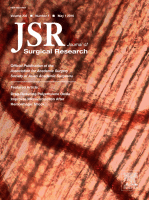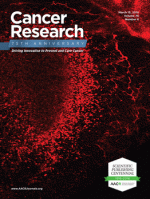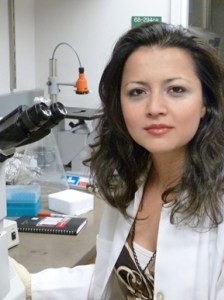 Data manipulation in a Cell Reports paper blew the importance of a kind of bacteria out of proportion.
Data manipulation in a Cell Reports paper blew the importance of a kind of bacteria out of proportion.
Retracted this month — less than three months after it was published — the paper showed, according to a summary on the cover page:
B. subtilis is a symbiont that resides in the gut of C. elegans and generates nitric oxide that is essential for the host. Xiao et al. demonstrate that nitric oxide promotes defense against pathogenic bacteria by activating p38 MAPK, demonstrating the importance of commensal bacteria in host immunity.
But B. subtilis — a member of the Bacillaceae family — aren’t actually as plentiful as they appeared, explains the retraction notice for “Gut-Colonizing Bacteria Promote C. elegans Innate Immunity by Producing Nitric Oxide:”
Continue reading Data manipulation flushes paper on gut bacteria
 A team of biologists have earned a fifth retraction for a paper containing manipulated images, following an investigation by the Swedish government.
A team of biologists have earned a fifth retraction for a paper containing manipulated images, following an investigation by the Swedish government.






